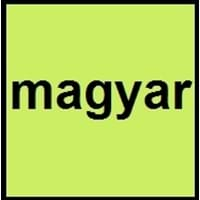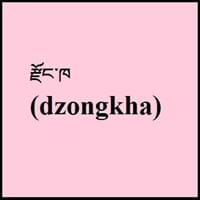Hungarian vs Dzongkha
- Hungarian language has only preserved most of its ancient elements.
- 'Magyar' is the Hungarian name for the language, the 'Magyar' is also used as an English word to refer to Hungarian people.
- Standard romanization of the Dzongkha language is Roman Dzongkha.
Hungarian and Dzongkha Language History
Comparison of Hungarian vs Dzongkha language history gives us differences between origin of Hungarian and Dzongkha language. History of Hungarian language states that this language originated in 1192 AD whereas history of Dzongkha language states that this language originated in 17th Century. Family of the language also forms a part of history of that language. More on language families of these languages can be found out on Hungarian and Dzongkha Language History.
Hungarian and Dzongkha Greetings
People around the world use different languages to interact with each other. Even if we cannot communicate fluently in any language, it will always be beneficial to know about some of the common greetings or phrases from that language. This is where Hungarian and Dzongkha greetings helps you to understand basic phrases in Hungarian and Dzongkha language. Hungarian word for "Hello" is szia or Dzongkha word for "Thank You" is Kaadinchhey La. Find more of such common Hungarian Greetings and Dzongkha Greetings. These greetings will help you to be more confident when conversing with natives that speak these languages.
Hungarian vs Dzongkha Difficulty
The Hungarian vs Dzongkha difficulty level basically depends on the number of Hungarian Alphabets and Dzongkha Alphabets. Also the number of vowels and consonants in the language plays an important role in deciding the difficulty level of that language. The important points to be considered when we compare Hungarian and Dzongkha are the origin, speaking countries, language family, different greetings, speaking population of these languages. Want to know in Hungarian and Dzongkha, which language is harder to learn? Time required to learn Hungarian is 44 weeks while to learn Dzongkha time required is Not Available.





